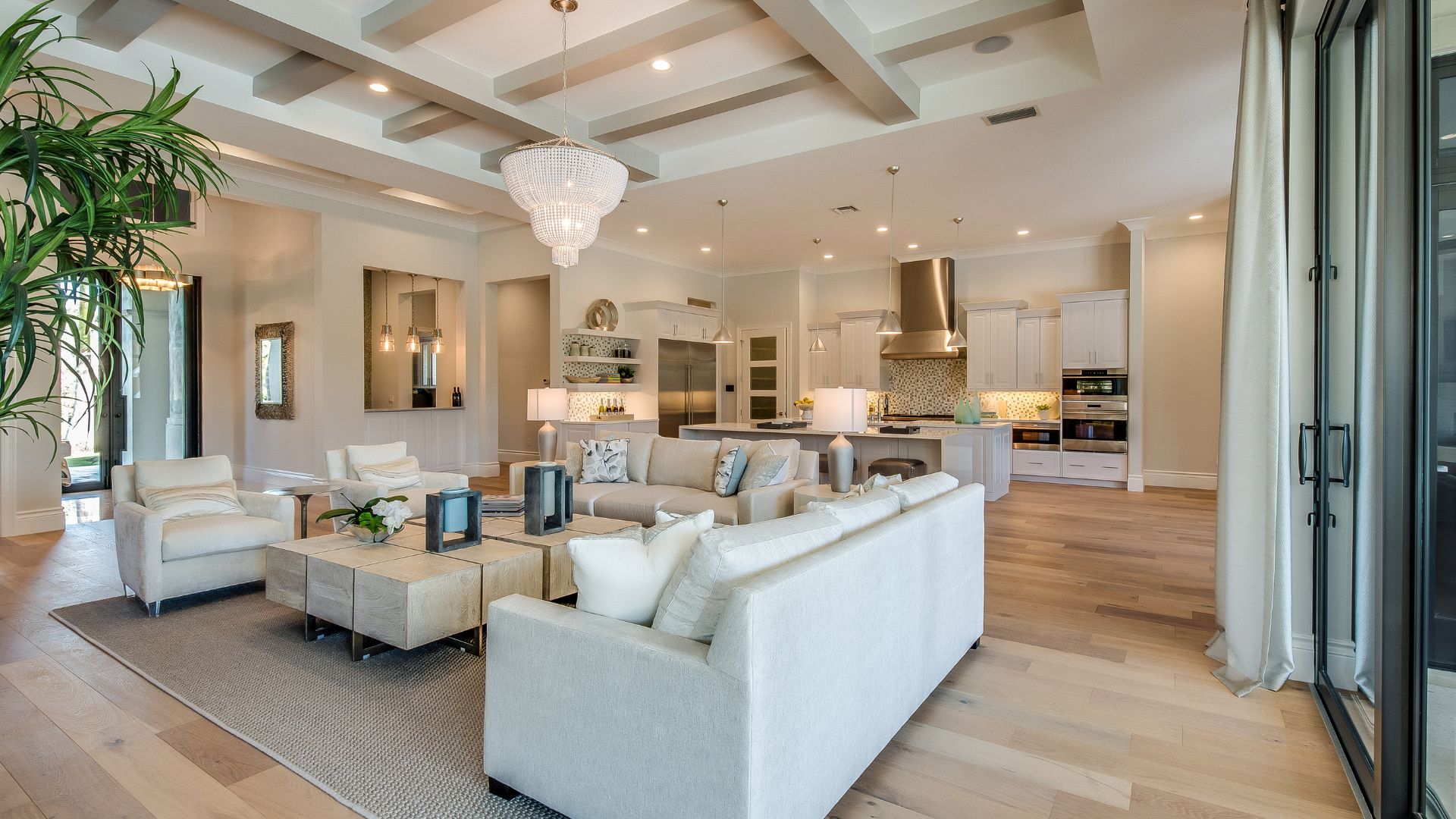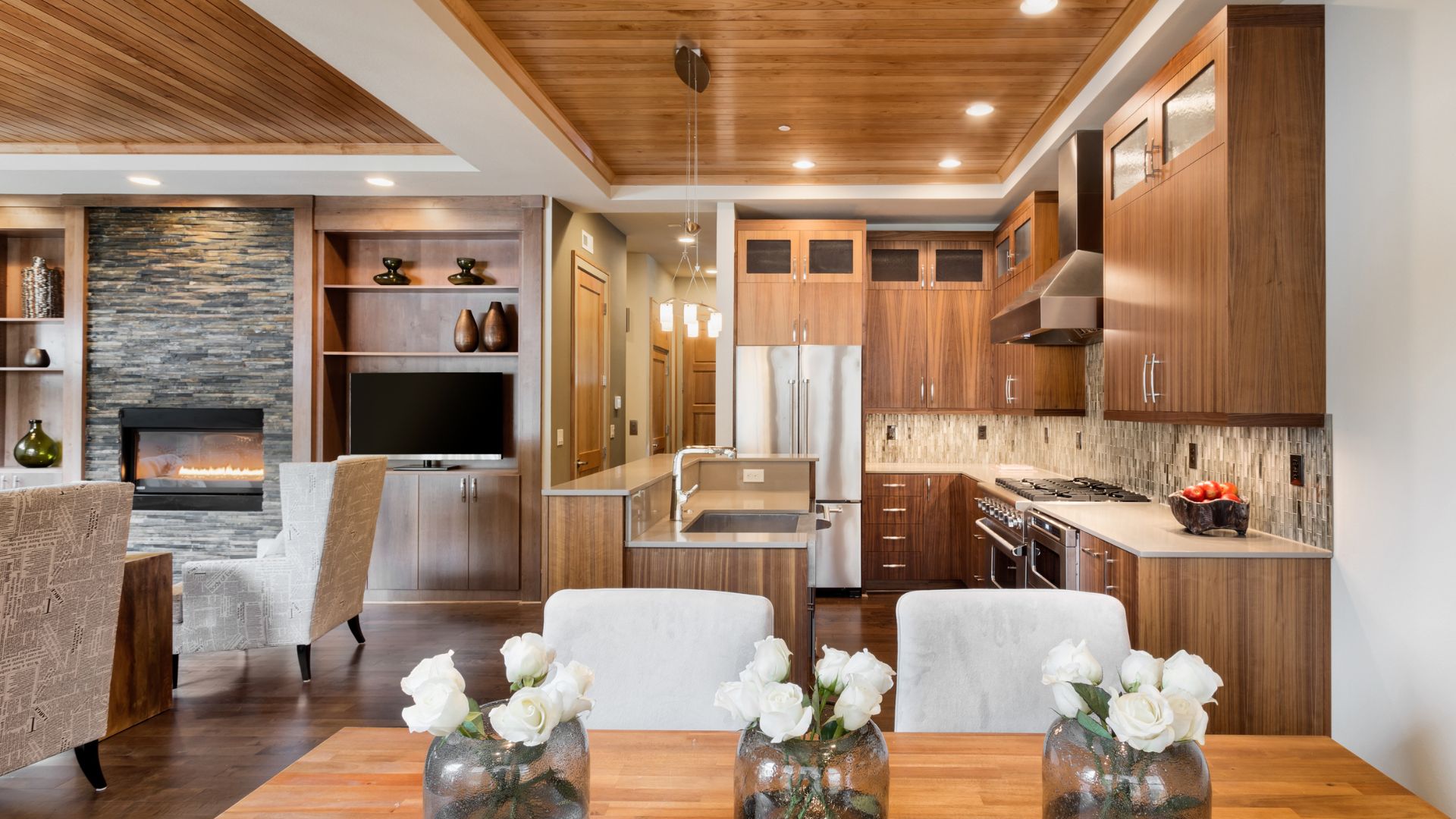- About Us
- Bathroom Designer Coventry, Rhode Island
- Bathroom Designer in Barrington, Rhode Island
- Bathroom Designer in Bristol, Rhode Island
- Bathroom Designer in Cranston, Rhode Island
- Bathroom Designer in Cumberland, Rhode Island
- Bathroom Designer in Johnston, Rhode Island
- Bathroom Designer in Lincoln, Rhode Island
- Bathroom Designer in Middletown, Rhode Island
- Bathroom Designer in Narragansett, Rhode Island
- Bathroom Designer in Newport, Rhode Island
- Bathroom Designer in Pawtucket, Rhode Island
- Bathroom Designer in Providence, Rhode Island
- Bathroom Designer in Smithfield, Rhode Island
- Bathroom Designer in Warwick, Rhode Island
- Bathroom Designer in Westerly, Rhode Island
- Bathroom Designer in Woonsocket, Rhode Island
- Bathroom Designer Rhode Island
- Blog
- Client Testimonials
- Coastal Interior Designer in Barrington, Rhode Island
- Coastal Interior Designer in Bristol, Rhode Island
- Coastal Interior Designer in Coventry, Rhode Island
- Coastal Interior Designer in Cranston, Rhode Island
- Coastal Interior Designer in Cumberland, Rhode Island
- Coastal Interior Designer in Johnston, Rhode Island
- Coastal Interior Designer in Lincoln, Rhode Island
- Coastal Interior Designer in Middletown, Rhode Island
- Coastal Interior Designer in Narragansett, Rhode Island
- Coastal Interior Designer in Newport, Rhode Island
- Coastal Interior Designer in Pawtucket, Rhode Island
- Coastal Interior Designer in Providence, Rhode Island
- Coastal Interior Designer in Rhode Island
- Coastal Interior Designer in Smithfield, Rhode Island
- Coastal Interior Designer in Warwick, Rhode Island
- Coastal Interior Designer in Westerly, Rhode Island
- Coastal Interior Designer in Woonsocket, Rhode Island
- Contact
- Cookie Policy
- Home Remodel Designer Barrington, Rhode Island
- Home Remodel Designer Bristol, Rhode Island
- Home Remodel Designer Coventry, Rhode Island
- Home Remodel Designer Cranston, Rhode Island
- Home Remodel Designer Cumberland, Rhode Island
- Home Remodel Designer Johnston, Rhode Island
- Home Remodel Designer Lincoln, Rhode Island
- Home Remodel Designer Middletown, Rhode Island
- Home Remodel Designer Narragansett, Rhode Island
- Home Remodel Designer Newport, Rhode Island
- Home Remodel Designer Pawtucket, Rhode Island
- Home Remodel Designer Providence, Rhode Island
- Home Remodel Designer Rhode Island
- Home Remodel Designer Smithfield, Rhode Island
- Home Remodel Designer Warwick, Rhode Island
- Home Remodel Designer Westerly, Rhode Island
- Home Remodel Designer Woonsocket, Rhode Island
- Homepage
- Interior Designer in Barrington, Rhode Island
- Interior Designer in Bristol, Rhode Island
- Interior Designer in Coventry, Rhode Island
- Interior Designer in Cranston, Rhode Island
- Interior Designer in Cumberland, Rhode Island
- Interior Designer in Johnston, Rhode Island
- Interior Designer in Lincoln, Rhode Island
- Interior Designer in Middletown, Rhode Island
- Interior Designer in Narragansett, Rhode Island
- Interior Designer in Newport, Rhode Island
- Interior Designer in Pawtucket, Rhode Island
- Interior Designer in Warwick, Rhode Island
- Interior Designer in Westerly, Rhode Island
- Interior Designer in Woonsocket, Rhode Island
- Interior Designer Providence, Rhode Island
- Interior Designer Smithfield, Rhode Island
- Kitchen Designer in Barrington, Rhode Island
- Kitchen Designer in Bristol, Rhode Island
- Kitchen Designer in Coventry, Rhode Island
- Kitchen Designer in Cranston, Rhode Island
- Kitchen Designer in Cumberland, Rhode Island
- Kitchen Designer in Johnston, Rhode Island
- Kitchen Designer in Lincoln, Rhode Island
- Kitchen Designer in Middletown, Rhode Island
- Kitchen Designer in Narragansett, Rhode Island
- Kitchen Designer in Pawtucket, Rhode Island
- Kitchen Designer in Providence, Rhode Island
- Kitchen Designer in Rhode Island
- Kitchen Designer in Smithfield, Rhode Island
- Kitchen Designer in Warwick, Rhode Island
- Kitchen Designer in Westerly, Rhode Island
- Kitchen Designer in Woonsocket, Rhode Island
- Kitchen Designer in Woonsocket, Rhode Island
- Portfolio
- Pricing Packages
- Privacy Policy
- Residential Interior Designer in Barrington, Rhode Island
- Residential Interior Designer in Bristol, Rhode Island
- Residential Interior Designer in Coventry, Rhode Island
- Residential Interior Designer in Cranston, Rhode Island
- Residential Interior Designer in Cumberland, Rhode Island
- Residential Interior Designer in Johnston, Rhode Island
- Residential Interior Designer in Lincoln, Rhode Island
- Residential Interior Designer in Middletown, Rhode Island
- Residential Interior Designer in Narragansett, Rhode Island
- Residential Interior Designer in Newport, Rhode Island
- Residential Interior Designer in Pawtucket, Rhode Island
- Residential Interior Designer in Providence, Rhode Island
- Residential Interior Designer in Rhode Island
- Residential Interior Designer in Smithfield, Rhode Island
- Residential Interior Designer in Warwick, Rhode Island
- Residential Interior Designer in Westerly, Rhode Island
- Residential Interior Designer in Woonsocket, Rhode Island
- Services
- Sitemap
- Thank You



Recent Comments